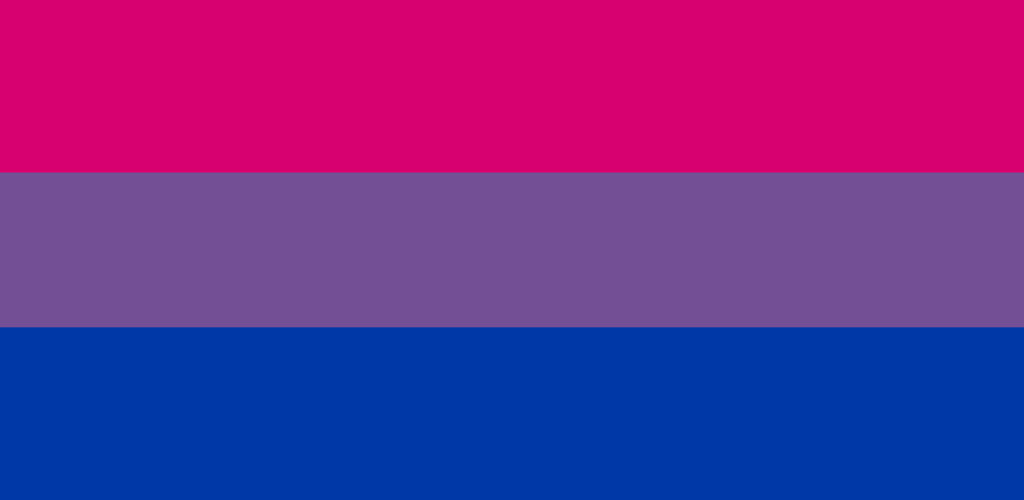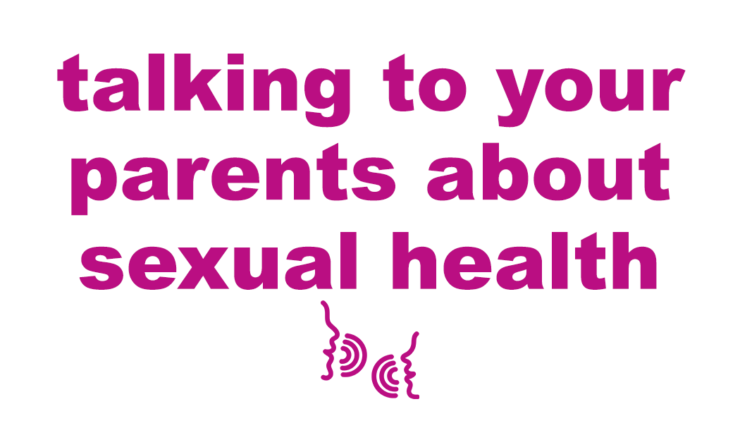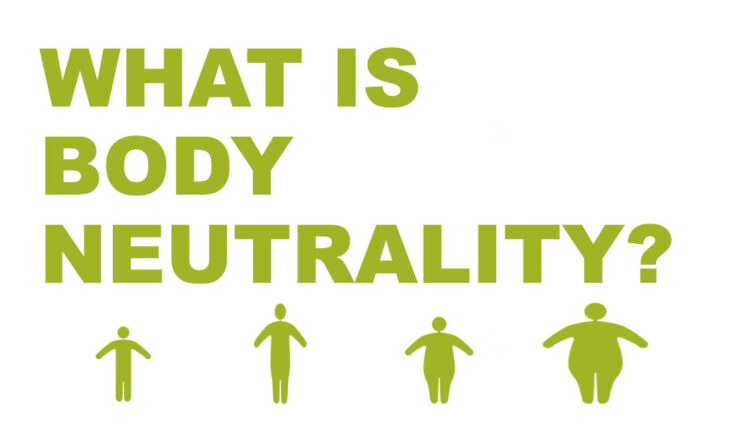

Happy Bi Visibility Day! To celebrate, we got together to answer some of our most common questions about what it means to be bi. Enjoy!
Here are some questions you can consider:
Only you can know your own sexuality, and it’s okay for that to be a process. If you’re feeling unsure about your sexuality but you feel like you need to come out, you can always come out as Questioning.
Being bi doesn’t invalidate your attraction to your boyfriend or the realness of your connection to them. That being said, it can be hard to explore your sexuality while in a monogamous relationship. So it depends on how you feel. Some couples might stay together and explore their bi-ness in ways that don’t involve other people, some couples might open up their relationship so they can experiment and have sex with other people, and some couples might break up so that they can experiment. It depends on what you and your partner are comfortable with. Is this something you’re comfortable discussing with your boyfriend?
As we talk about in the next question, you don’t have to “prove” that you’re bi to anyone. It’s okay to know you’re attracted to people of a certain gender without going out and hooking up with them. So you don’t have to act on your feelings for girls if you’re just interested in being monogamous with your boyfriend. It’s okay to keep your attraction to fantasizing!
There’s a few things we want to cover in answering this question:
Coming out can be tricky, no matter who you’re coming out to. It’s sharing an intimate part of yourself with people, and that can be all kinds of anxiety-producing. But if coming out is important to you, we say “Do it!” 🙂
Sometimes it can help to bring up the topic of bisexuality in casual conversations. Maybe there’s some article you can share, or a celebrity has come out as bi. Heck, even just being like “Hey, did you know there’s a Bi Visibility Day?” is a good way to bring up the subject without outing yourself. This can help you get a sense of how your parents feel about bisexuality.
If you’re comfortable, maybe you can also consider talking to your siblings about how they came out. Maybe they had a process for figuring out how your parents felt about their sexualities, maybe they had similar feelings as you. And if they’re onboard with your being bi, then you can definitely ask them to join you while you come out to your parents. It can help to have supportive people by your side while you do something brave!
From like a “Well, the dictionary says” standpoint, the differences are:
Now, it’s good to remember that these are the definitions we use at Teen Health Source. Some people think that the only real definition for being bi means only being attracted to men and women (which is trans-exclusionary), and some people think that being bi means having to be attracted to your own gender as well as another one. And there’s a lot of stigma around being bi (people say it’s just a phase, that it’s not a “real” sexual orientation, bi-invisibility, etc.), and so some people identify as pan just to not have to deal with all the hassle. Again, there aren’t any Bi or Pan Laws that tell you who you have to be attracted to and how you have to identify. We hope that you choose a definition that works for you, and is also inclusive to other people’s identities and experiences.
For more info on these topics, check out our info pages and resources for LGBTQ youth: teenhealthsource.com/topics/giso
If you have questions about this topic, feel free to contact one of our peer educators [Link] or someone at the LGBT Youth Line [Link].
Last Updated: April 2020

Talking about sex with your parents (or a legal guardian) can feel extremely awkward. This article covers some tips for brining up and navigating sexual health convos with parents or trusted adults in your life.

We hear a lot about Body Positivity, but what about Body Neutrality? This post goes into a definition for Body Neutrality, and how it might play a role in your relationship to your body or to your sex life!